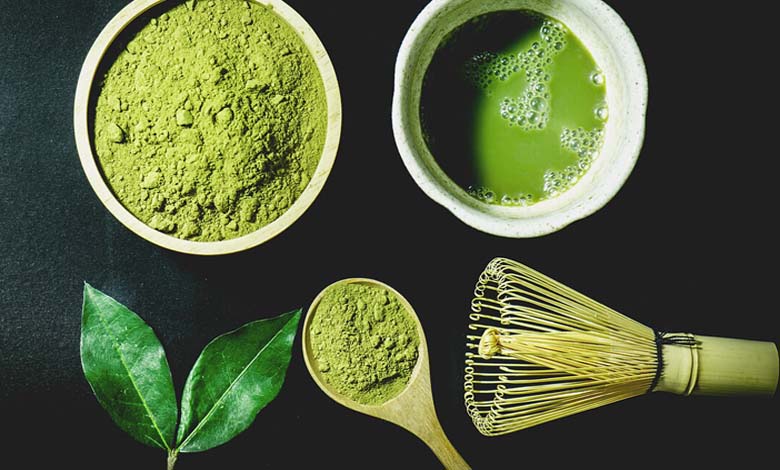The Relationship Between Matcha Tea and Anemia: An In-Depth Analysis

Matcha tea, a traditional Japanese beverage made from finely ground green tea leaves, has gained global popularity due to its antioxidant, stimulating, and detoxifying properties. Rich in catechins, chlorophyll, and L-theanine, matcha is often praised for supporting metabolism, mental focus, and immune function. However, when it comes to blood health, particularly anemia, it is crucial to examine in detail how matcha influences iron absorption—a mineral essential for red blood cell production and hemoglobin synthesis.
Iron-deficiency anemia, the most common form of anemia, results from insufficient iron intake or absorption. This deficiency impairs the blood’s ability to transport oxygen to tissues, causing fatigue, shortness of breath, dizziness, and reduced cognitive performance. Matcha contains powerful polyphenols, primarily catechins, which can bind to non-heme iron—iron found in plant-based foods. This binding reduces the solubility of iron, limiting its intestinal absorption, and may, over time, contribute to iron deficiency in individuals whose diet lacks bioavailable sources of this vital mineral.
Nutritional studies indicate that the inhibitory effect of matcha is particularly significant when consumed during or immediately after meals rich in non-heme iron, such as legumes, whole grains, or leafy green vegetables. Conversely, heme iron from meat, fish, and poultry is largely unaffected by catechins, meaning that
individuals consuming a balanced diet that includes animal proteins face only a limited risk.
Vitamin C plays a critical role in iron absorption and can counteract the inhibitory effect of catechins. Consuming fruits or vegetables high in vitamin C alongside plant-based iron sources can significantly enhance absorption. Therefore, drinking matcha between meals rather than during lunch or dinner and pairing iron-rich foods with vitamin C ensures minimal interference with iron uptake.
Certain populations are particularly vulnerable. Women experiencing late menopause, individuals with gastrointestinal disorders, those who have undergone digestive surgery, or strict vegetarians and vegans may face a higher risk of anemia if they consume large amounts of matcha consistently. For these groups, careful planning and regular monitoring of ferritin and hemoglobin levels are recommended.
In conclusion, while matcha tea provides numerous health benefits, it can interfere with the absorption of non-heme iron and, if consumed excessively or at inappropriate times, contribute to iron deficiency. A balanced approach—including drinking matcha between meals and pairing plant-based iron with vitamin C—allows individuals to enjoy matcha’s health advantages without compromising blood health. Those at higher risk of anemia should remain vigilant and consider consulting a healthcare professional or nutritionist to adjust their dietary habits and prevent potential deficiencies.












